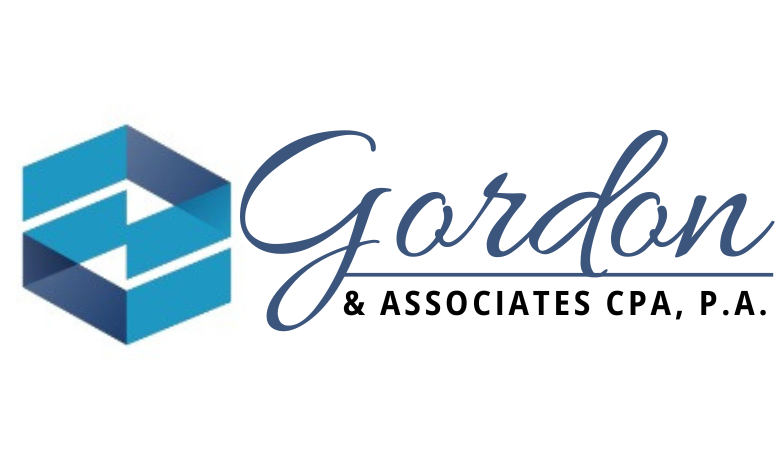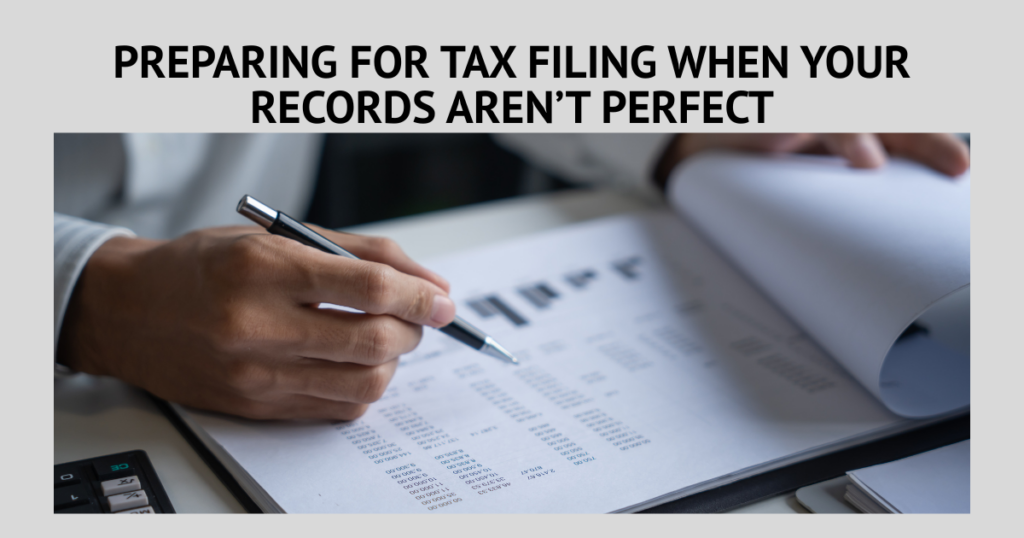Tax Planning for Freelancers:
Tips to Keep More of What You Earn

Freelancing offers the freedom to be your own boss and manage your work on your own terms. However, with that freedom comes the responsibility of managing your own taxes. Unlike traditional employees, freelancers don’t have taxes automatically withheld from their paychecks. Instead, you must plan for taxes throughout the year to ensure you comply with IRS rules and avoid unexpected tax bills.
Effective tax planning is crucial for freelancers to minimize their tax liability and maximize their earnings. In this blog, we’ll explore some practical tax planning strategies that can help you keep more of what you earn as a freelancer.
1. Understand Your Tax Obligations
As a freelancer, you’re considered self-employed, which means you’re responsible for paying both income tax and self-employment tax. Self-employment tax covers Social Security and Medicare taxes, which are typically split between employees and employers in traditional jobs. As a freelancer, you must pay both portions, which totals 15.3%.
Your tax obligations as a freelancer include:
- Income Tax: Based on your total taxable income for the year.
- Self-Employment Tax: 15.3% of your net earnings (12.4% for Social Security and 2.9% for Medicare).
2. Track Your Income and Expenses Accurately
One of the most important aspects of tax planning for freelancers is keeping accurate records of your income and expenses. Good bookkeeping will help you calculate your taxes more accurately and ensure you claim all eligible deductions.
Income Tracking
- Use invoicing software or accounting tools to track all payments received from clients.
- Keep detailed records of any additional income, such as royalties, consulting fees, or affiliate income.
Expense Tracking
- Record all business-related expenses, such as office supplies, equipment, software subscriptions, and travel expenses.
- Use separate accounts for personal and business expenses to avoid confusion when tax season arrives.
Accurate record-keeping is essential not only for tax preparation but also in the event of an audit by the IRS.
3. Take Advantage of Business Deductions
Freelancers can reduce their taxable income by claiming business deductions. By deducting qualifying business expenses, you can significantly lower the amount of tax you owe. Common tax deductions for freelancers include:
Home Office Deduction
If you work from home, you may qualify for the home office deduction. To claim this deduction, your home office must be used exclusively and regularly for business purposes. You can either use the simplified method ($5 per square foot, up to 300 square feet) or the actual expenses method (calculating a portion of your home expenses, such as rent, utilities, and internet).
Equipment and Supplies
Freelancers can deduct the cost of equipment and supplies used for their business, such as computers, printers, cameras, and office supplies. Keep all receipts and records of purchases.
Travel and Meals
Business-related travel expenses, such as airfare, lodging, and transportation, are deductible. You can also deduct 50% of the cost of meals while traveling for business purposes or meeting with clients.
Professional Services
If you hire a CPA, attorney, or web designer for your freelance business, these professional service fees are deductible. Even software subscriptions used for business, such as accounting or design tools, can be written off.
4. Pay Estimated Taxes Quarterly
As a freelancer, you’re required to pay estimated taxes on a quarterly basis. Estimated taxes include both your income tax and self-employment tax, and they are due in four installments throughout the year (April, June, September, and January). Failing to pay estimated taxes can result in penalties from the IRS.
How to Calculate Estimated Taxes:
- Estimate your total income for the year, then subtract any business expenses to arrive at your taxable income.
- Calculate your expected self-employment tax (15.3%) and income tax based on your tax bracket.
- Divide the total amount by four to determine your quarterly estimated payment.
Using tax software or consulting with a CPA can help ensure you’re calculating and paying the correct amount of estimated taxes.
5. Consider Contributing to a Retirement Account
One of the most effective ways to reduce your taxable income while saving for the future is by contributing to a retirement account. Freelancers have several retirement account options, each with its own tax benefits:
SEP IRA
A SEP IRA (Simplified Employee Pension) allows freelancers to contribute up to 25% of their net earnings, up to a maximum of $66,000 in 2024. Contributions are tax-deductible, reducing your taxable income for the year.
Solo 401(k)
A Solo 401(k) is another excellent option for self-employed individuals. In 2024, you can contribute up to $23,000 as an employee, plus an additional 25% of your net earnings as an employer, for a total contribution of up to $66,000.
Traditional or Roth IRA
Freelancers can also contribute to a Traditional IRA or Roth IRA. Traditional IRA contributions are tax-deductible, while Roth IRA contributions are made with after-tax dollars, allowing for tax-free withdrawals in retirement.
6. Save for Self-Employment Taxes
Freelancers should set aside a portion of their income to cover self-employment taxes throughout the year. As mentioned earlier, self-employment tax is 15.3% of your net earnings. Without automatic tax withholding, it’s your responsibility to save enough to cover these taxes when they are due.
Best Practices for Saving for Taxes:
- Set aside 25% to 30% of your income for taxes in a separate account.
- Use automatic transfers to save a portion of each payment you receive for taxes.
By saving throughout the year, you can avoid the financial stress of large tax bills and penalties.
7. Consider Forming an LLC or S-Corp
As your freelance business grows, it may be beneficial to form a legal entity, such as a Limited Liability Company (LLC) or an S-Corporation (S-Corp). These structures offer tax advantages and can help you manage your tax liabilities more efficiently.
LLC (Limited Liability Company)
An LLC provides liability protection while allowing flexibility in how your business income is taxed. By default, an LLC’s profits are passed through to the owner’s personal tax return, where they are subject to income tax and self-employment tax.
S-Corporation (S-Corp)
With an S-Corp, you can split your income between salary and dividends. You pay self-employment tax only on the salary portion, while the dividends are taxed at a lower rate. This can result in substantial tax savings, especially as your business income grows.
Working with a CPA can help you determine whether forming an LLC or S-Corp is the right move for your freelance business.
8. Hire a CPA or Tax Professional
Freelancers often have more complicated tax situations than traditional employees. A Certified Public Accountant (CPA) or tax professional can help you navigate the complexities of self-employment taxes, deductions, and estimated payments. Hiring a professional ensures that you’re taking full advantage of available tax-saving strategies and avoiding costly mistakes or audits.
Tax planning is essential for freelancers to keep more of what they earn and avoid surprises at tax time. By tracking income and expenses, claiming business deductions, paying estimated taxes, and saving for retirement, freelancers can reduce their tax burden and stay financially organized throughout the year. With careful planning and the right strategies, you can maximize your earnings and grow your freelance business with confidence.
At Gordon & Associates CPA, P.A., we specialize in tax planning and financial management for freelancers and small businesses. Contact us today to learn how we can help you manage your tax responsibilities and keep more of what you earn.
Subscribe to our newsletter to receive our latest blog directly to your inbox.



